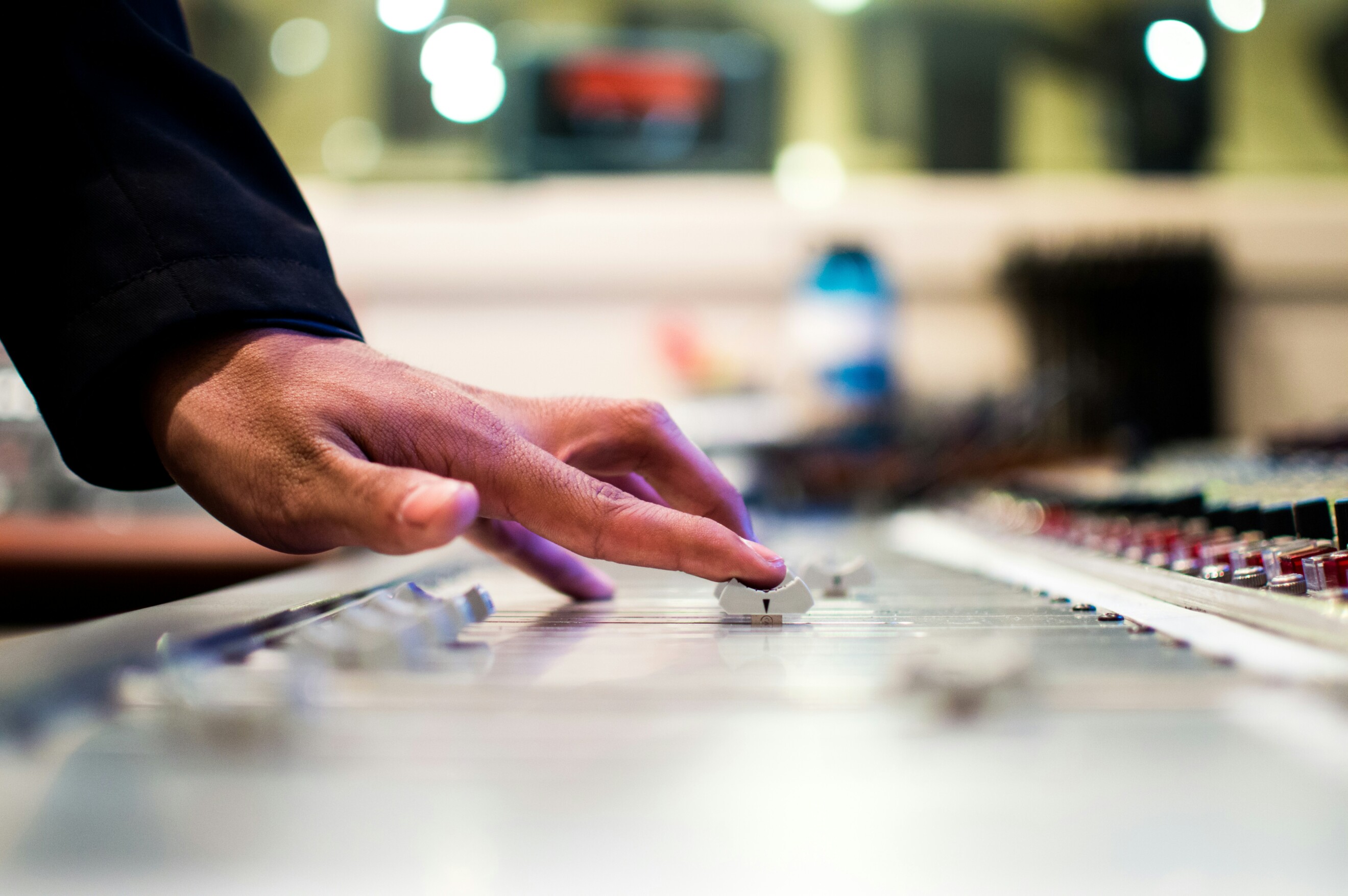Music and copyright are once again in the spotlight this year, as Mie Gacoan’s Bali franchise faces allegations of unpaid royalties and unauthorized public performance of copyrighted works. Earlier this month, I Gusti Ayu Sasih Ira, Director of PT Mitra Bali Sukses and franchise license holder for Mie Gacoan in Bali, was officially named a suspect by the Bali Police in a case involving alleged copyright infringement.
The case is based on a report filed by the National Collective Management Organization (LMKN), which claimed that Mie Gacoan outlets in Bali had been playing thousands of songs for commercial purposes since 2022 without paying the required royalties, thus committing copyright infringement. The case began with a complaint filed in August 2024, which led to a formal investigation in January 2025. This follows with apolice investigation that concluded I Gusti Ayu Sasih Ira as the individual most responsible for the alleged infringement. According to LMKN and the affiliated Music License Center (LMK Selmi), attempts were made to contact the management and request compliance, but they found the company to be uncooperative. They also took issue with the Mie Gacoan’s lack of “blanket license” as regulated under Government Regulation No. 56 of 2021.
Restaurants Playing Copyrighted Music
Songs are protected under Indonesia’s Copyright Law (Law No. 28 of 2014) as original works that automatically grant their creators a set of exclusive economic rights and moral rights. These rights include the ability to publish, reproduce, translate, adapt, distribute, perform, announce, communicate, and rent their works. Particularly relevant to this case is “announcement”, as it includes making a work audible or visible through any means, which stipulates that playing recorded music fall under these protected rights.
Furthermore, Government Regulation No. 56 of 2021 (PP 56/2021), which governs how royalties for musical works should be managed, stipulates that use of music in public spaces, such as restaurants or cafes, must include payment to the rightful owners of the music. The regulation classifies performances, announcements, and communications of songs in commercial public services as activities that require royalty payments through the National Collective Management Organization (LMKN). Restaurants and cafes are within this commercial public service category. Therefore, for venues that play recorded music, it is the responsibility of the restaurant or cafe owner to ensure royalties are paid. Particularly relevant to this case, directors of companies are legally responsible for ensuring compliance. Under Article 92(2) and Article 97(3) of Law No. 40 of 2007 (as amended by Law No. 6 of 2023), failure to pay royalties can result in personal liability for directors if it causes losses.
Royalty payments are managed by nonprofit Collective Management Organizations (LMKs) under the oversight of the government-backed LMKN. Commercial users must obtain licenses through LMKN, report music usage via the SILM system, and pay royalties accordingly. Even without formal licenses, users remain liable for payments. Micro-businesses benefit from discounted royalty rates set by the Ministry of Law and Human Rights.
Conclusion
While this case remains ongoing, it further underlines the importance of copyright knowledge in handling a business. Lack of care and foresight in this matter can lead to costly disputes that any business owner should try to avoid.
For more questions regarding this topic or any other IP related inquiries, contact us at ambadar@ambadar.co.id
Sources:






